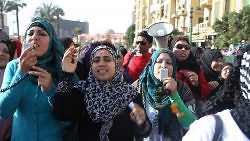
Libya’s overarching statelessness, and the violence and lawlessness that result, permeate the country, which is plagued by local-level conflicts. However, local mediation efforts have flourished over the last few years. As a senior UN official noted, “Local mediation is the best thing that has happened in Libya since the revolution.”This report examines these local mediation […]
Read more










